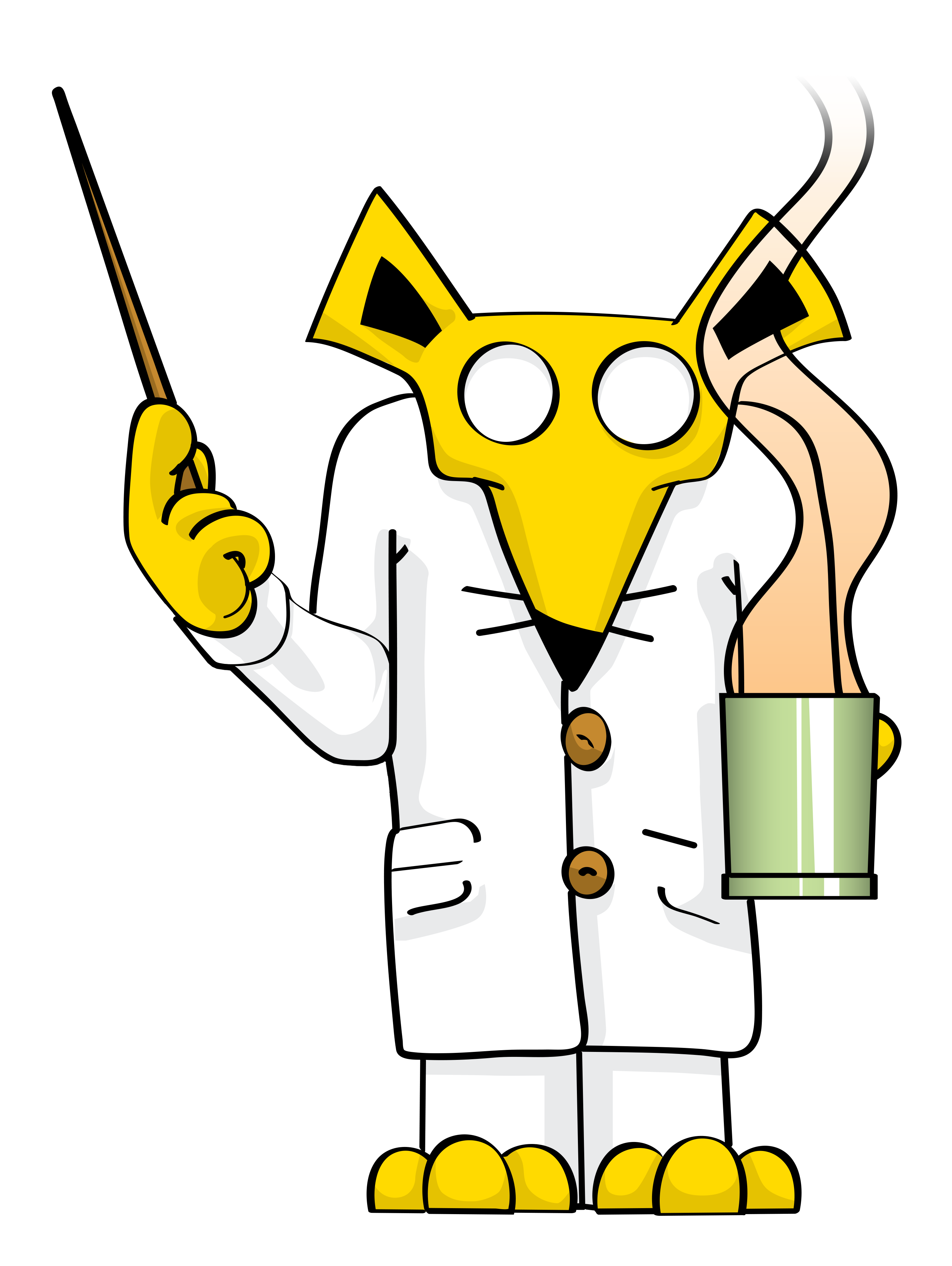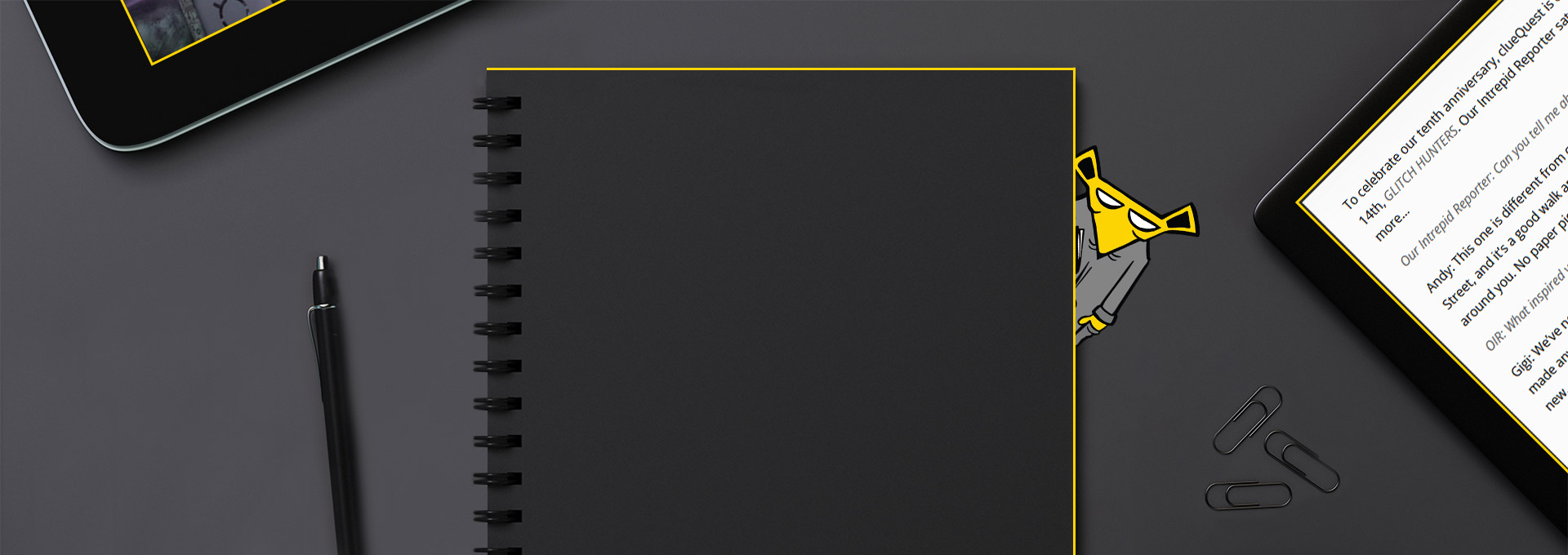Our Intrepid Reporter sat down with Paul Lohmann to learn more about the study.
OIR: Can you tell me a bit about yourself and your work?
Paul: Absolutely. I’m a research associate at the El-Erian Institute of Behavioural Economics and Policy, which is based at the Judge Business School at the University of Cambridge. I would say that in very broad terms my research looks at the relationship between human behaviour and the environment. One part of this looks at how environmental factors such as air pollution but also extreme weather events affect people’s behaviour, their well-being, their decision-making, and their health. The other part looks at how we can design environmental policies to reduce people’s impact on the environment.
OIR: That must be pressing research due to the nature of - well, nature at the moment!
Paul: Absolutely. We see more and more extreme weather events that are impacting people’s lives in the UK and around the world, so it’s very important to see how people adapt and change their behaviours in response to these experiences. There's also air pollution, which has generally improved in UK cities over the past decades, but continued efforts are still necessary to ensure cleaner air for everyone.
OIR: So your research paper is about how levels of air pollution affect productivity, specifically when working together collaboratively to achieve a goal, right? What led you to conduct this research at clueQuest?
Paul: I was interested in how pollution affects people’s behaviours - there’s been decades of research on pollution and health, but there’s more and more now looking at how pollution affects more subtle outcomes, such as productivity, and also social outcomes. We wanted to look at the effect of pollution on team performance - there hadn’t been any studies on this yet! So we were thinking about settings where we could actually measure team performance. Then we realised that escape rooms offer a great controlled setting, where teams need to solve a series of complex tasks. They need to rely on communication and all sorts of collaborative skills that you need in the modern workplace. That’s when I got in touch with clueQuest. I went over and had a chat with the team and learned about all the processes and policies there - and we took it from there!
OIR: What sort of conclusions were you able to draw from the study? Did it turn out to have the impact you expected it to?
Paul: What we did was, we linked the very high frequency pollution data from around London with the completion time from over 15,000 games that had been played at clueQuest over a few years. We used this completion time as our outcome variable. We could then use statistical methods to estimate the effect of pollution. And we found that it did, there was a significant relationship, but it wasn’t linear. So essentially, up to certain thresholds, higher pollution levels didn’t really affect completion times, compared to a very clean day, but then above these thresholds for different pollutants we found that team performance dropped off. Then we tried to predict what would happen if several of these thresholds were crossed on the same day. If it were a very polluted day, how would the teams do? We found that teams performed up to 5% worse, which doesn’t seem like a huge amount, until you think about it at scale. If all teams in London on a very polluted day are performing 5% worse, that does have an impact on the economy. And these levels of pollution are everyday occurrences in many cities around the world where pollution levels are much higher.

OIR: When you were doing the study, you took into account lots of various factors like team size and age, but you even took into account whether it was a birthday celebration! How did you decide which factors were relevant? How would it being someone’s birthday affect the outcome of their productivity?
Paul: Basically, in order to isolate the effect of pollution on team performance, we want to be aware of as many other factors as we can, so we actually took all the information that we were able to get from the data. We put that into our statistical models and then try to control for that. Birthday teams did actually take a little bit more time to escape, but only marginally! Teams that were younger than sixteen took quite a bit more time, and larger teams were a bit faster.
OIR: What’s next for the study, where does it go from here?
Paul: The study is now published, but I’m still very interested in the topic. And of course, one thing that we couldn’t really answer was why teams were performing worse when there are higher levels of pollution. Is it that there’s a breakdown in communication? Are teams less sociable, less friendly to each other? Is it that it actually directly affects people’s creativity and outside the box thinking? I’d love to explore more of that.
OIR: Well, you’re welcome to come back to clueQuest! Have you done an escape room yourself?
Paul: I’ve done a few, I really enjoy them!
We’re very grateful to Paul for sitting down to chat with us, and can’t wait to see where this study goes next. If you’d like to be at the forefront of research, why not come to clueQuest to play a game - who knows what you might discover!

